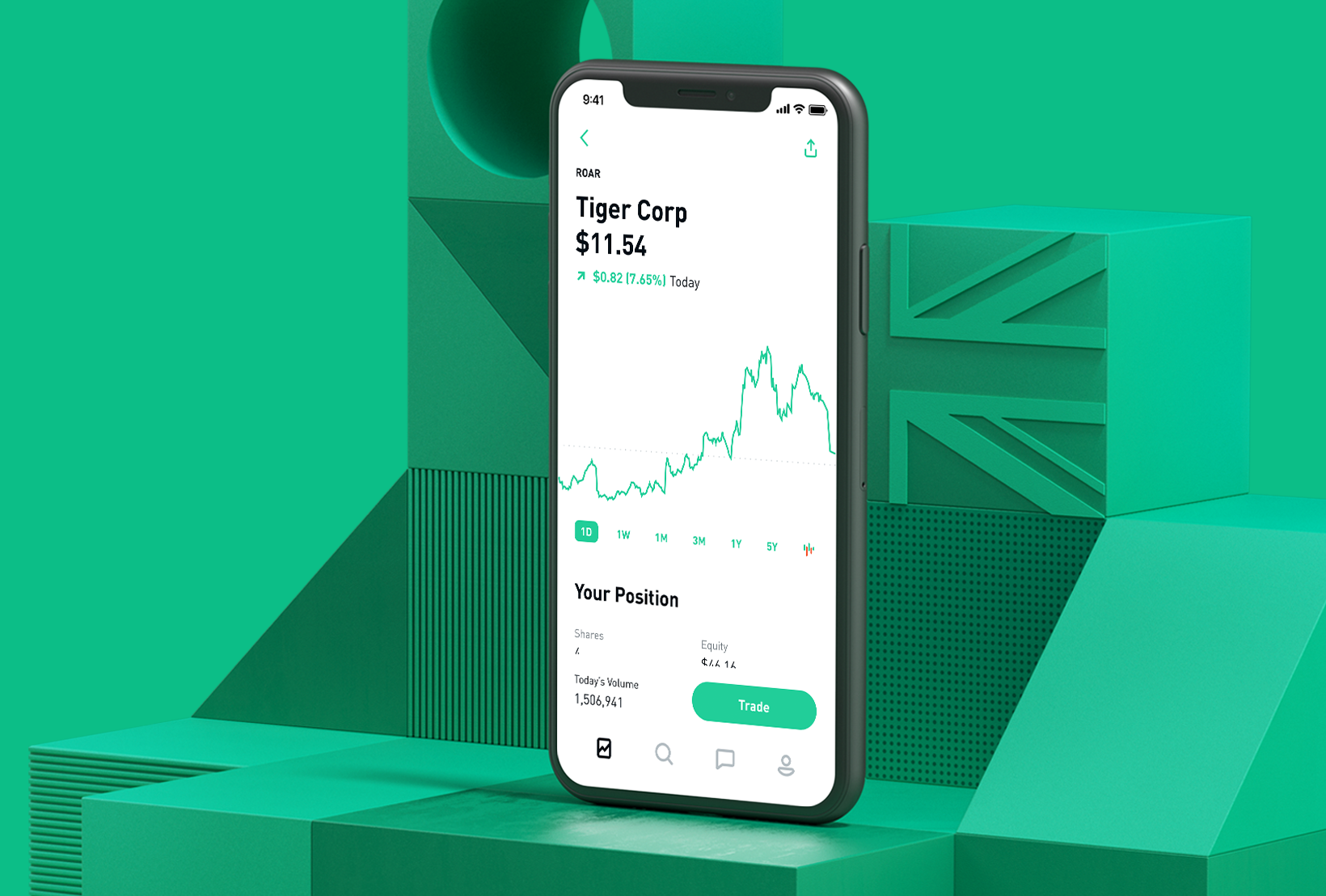Loopring is an open-source, audited, and non-custodial exchange protocol, which implies that no one in the Loopring ecosystem must rely on others. Cryptoassets are always in the hands of the user, with Ethereum-level security assurances.
Loopring enables extremely scalable decentralised exchanges by batch-processing thousands of requests off-chain, with ZKPs ensuring accurate execution. The underlying blockchains’ performance is no longer the bottleneck.
Loopring runs the majority of its functions, such as order matching and trade settlement, on the Ethereum blockchain. A setup like this drastically cuts gas use and consequently overall settlement costs to fractions of a penny.
Most significantly, Loopring promises that their platform would enable exchanges built on it to avoid the poor speeds and high prices associated with decentralised exchanges on Ethereum by utilising a newer type of encryption known as zero-knowledge rollups, or zkRollups.
Loopring claims that with zkRollups, its exchanges can provide dealers with speedier settlements. zkRollups allow Loopring exchanges to finish crucial calculations elsewhere rather than simply settling deals on the Ethereum blockchain (as other decentralised exchanges do).
The concept is that by lowering the amount of transactions that a Loopring exchange must send to the Ethereum network, traders would be able to trade faster and at a lower cost.
In contrast, other decentralised exchanges require transactions to be validated by the Ethereum network, which takes minutes rather than seconds or milliseconds.
The cutting-edge encryption that Loopring implements on its platform is the platform’s primary value proposition.
As a result, it’s crucial to emphasise that zkRollups are only one proposed method for making the Ethereum blockchain more appropriate for DeFi applications. xDai, Matic, Optimistic Rollups, and Plasma are among the competing cryptography concepts.
Some enthusiasts believe ZkRollups are promising because they take use of a well-known type of encryption known as zero-knowledge proofs, a method that allows a computer programme to make a claim about data without actually disclosing the data.
Users must first deposit their cash to a smart contract governed by the Loopring protocol in order to begin trading on a Loopring exchange.
Loopring exchanges then offload the work required to execute deals off the main Ethereum blockchain. This information includes things like a user’s account balances and order history.
Loopring then settles transactions on the Ethereum blockchain to complete deals initiated off-chain. These deals are batch-processed in order to cut costs and boost speed. Loopring says that with this technology, it can execute over 2,000 trades per second.
Each batch of transactions is then put to the Ethereum blockchain using zero-knowledge proofs, allowing anybody to recreate the off-chain transactions. This gives users confidence that the transactions are authentic and have not been tampered with by unauthorised parties.












